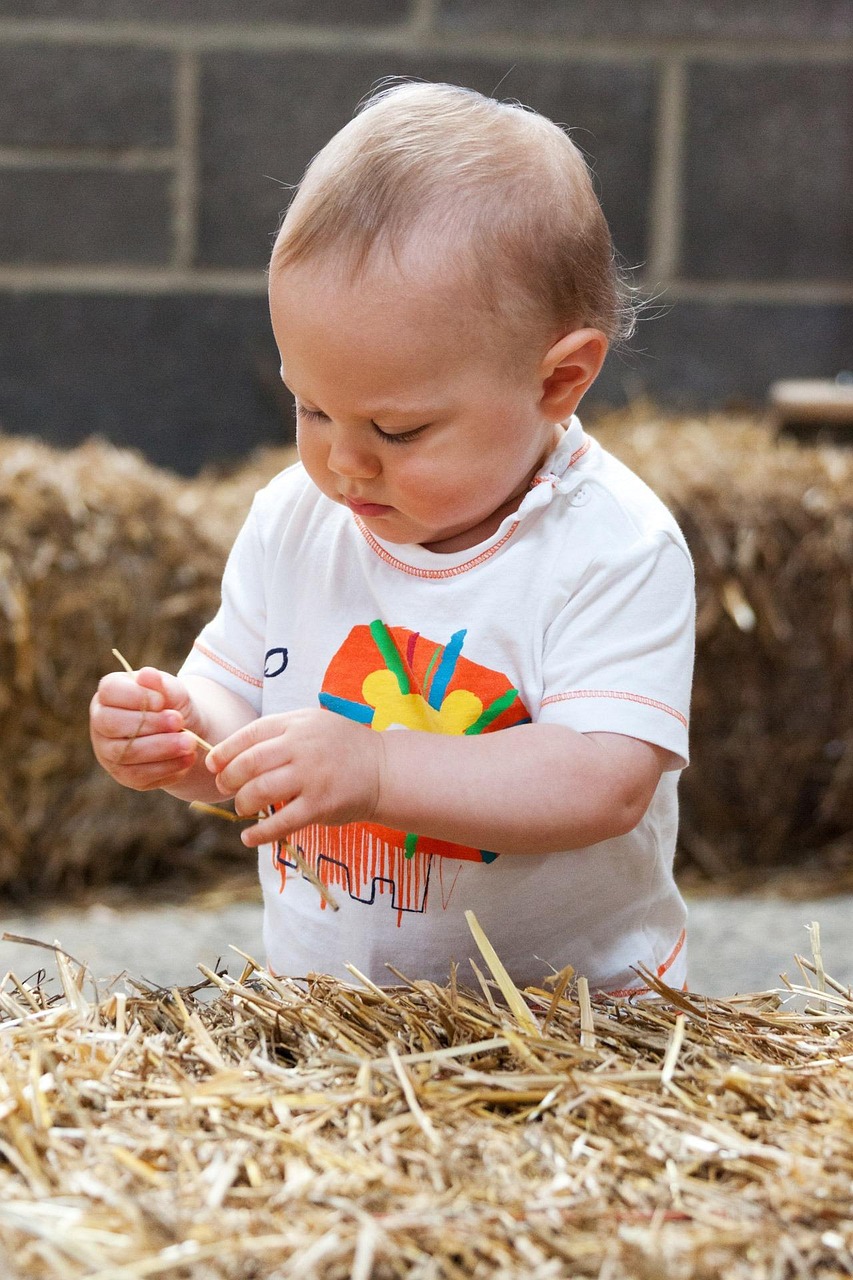At first glance, chores might seem like mundane to-do’s—sweeping floors, feeding animals, folding laundry. But for those who embrace homesteading, gardening, or raising a family close to the land, these daily tasks are more than just responsibilities. They’re opportunities to teach, to bond, and to nurture resilience, responsibility, and purpose in the next generation.
When you look closely, you’ll find that each chore holds a hidden life lesson—and together, they shape capable, compassionate, and grounded children.
1. Responsibility: Learning to Show Up
Whether it’s feeding chickens at dawn or watering the garden before school, consistent tasks instill a deep sense of accountability. Kids learn that living things depend on them, and that reliability builds trust.
💡 Life Lesson: “I matter. My actions have meaning.”
2. Patience: Understanding Growth Takes Time
Gardening is the perfect teacher of patience. From planting seeds to waiting weeks for the first sprouts, children experience firsthand that results don’t come instantly. Delayed gratification becomes a natural concept.
💡 Life Lesson: “Good things take time. Stay faithful and keep showing up.”
3. Work Ethic: Building Confidence Through Contribution
There’s a sense of pride that comes from doing a job well—whether it’s collecting eggs, stacking firewood, or preparing vegetables for dinner. When children help maintain the home or farm, they don’t just learn how to work—they learn that their efforts make a difference.
💡 Life Lesson: “I can do hard things.”
4. Empathy: Caring for Animals and the Earth
Feeding animals, cleaning coops, or weeding the garden are acts of care. These tasks cultivate empathy, showing children how to nurture and protect other living things. It fosters a deeper connection to nature and the responsibilities of stewardship.
💡 Life Lesson: “All life is connected—and I have a role in its care.”
5. Teamwork: Finding Strength in Shared Goals
Many homesteading tasks aren’t solo ventures. Whether it’s building a fence or preserving the harvest, families work side by side. Children learn that collaboration lightens the load—and that everyone’s contribution matters.
💡 Life Lesson: “Together, we’re stronger.”
6. Gratitude: Appreciating What We Have
When kids see the work it takes to grow food or raise animals, they develop appreciation. Food isn’t just something bought at a store—it’s the result of effort, time, and care. Gratitude becomes more than a holiday word; it becomes a way of life.
💡 Life Lesson: “Everything I have is a gift worth honoring.”
7. Creativity & Problem-Solving: Thinking Outside the Box
Homesteading often requires resourcefulness. When something breaks or a system needs improving, children who’ve been included in chores from an early age learn to think creatively and adapt.
💡 Life Lesson: “There’s always a way—I just have to find it.”
8. Mindfulness & Presence: Slowing Down to Learn
Tasks like weeding, washing vegetables, or hanging laundry require attention and presence. These chores become opportunities to practice mindfulness and find peace in the simple rhythms of daily life.
💡 Life Lesson: “There is beauty in the moment.”
Conclusion: Chores with Purpose, Childhood with Meaning
In a world rushing toward convenience, turning chores into meaningful lessons is an act of intention. On the homestead—or in any home that values connection to nature and each other—these tasks help children grow into grounded, responsible, and thoughtful adults.
So next time your child grumbles about collecting eggs or pulling weeds, take a breath and remember: You’re not just building a chore chart. You’re building character.



Leave a Reply